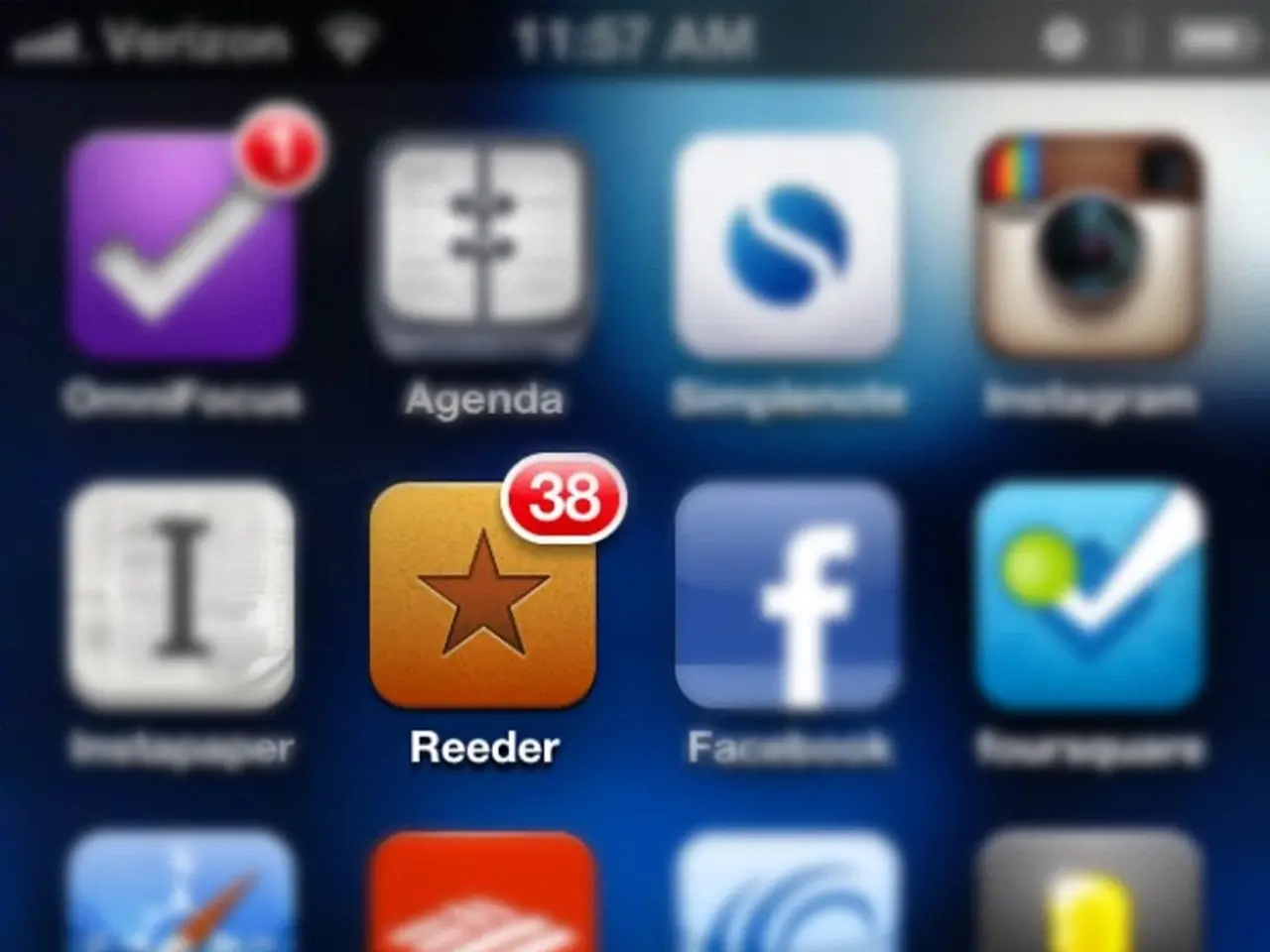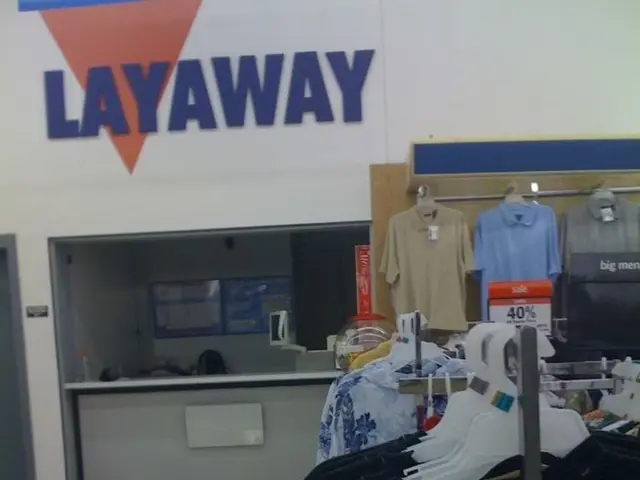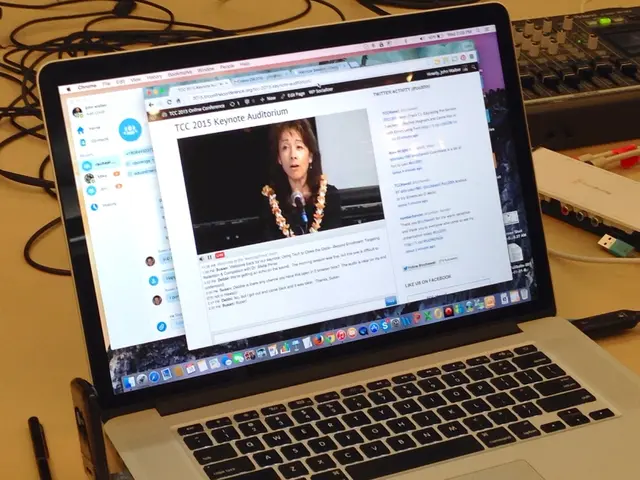Officials from Iran and the United States concur: WhatsApp has emerged as a chief concern for cybersecurity.
WhatsApp, the popular messaging app owned by Meta, is facing criticism from both Iranian and US officials over data security and privacy concerns. The app, used by over 3 billion monthly users worldwide, has been a key communication tool in large parts of Europe, Latin America, and the Middle East.
However, recent reports have raised questions about WhatsApp's data protection practices. Last December, the BBC reported that Meta had been suppressing news circulation about the Gaza war inside Palestinian territories, a claim Meta denies. More recently, Meta's own oversight board has criticised the company for overstepping its bounds when it comes to moderating pro-Palestinian content.
Iranian state media and government officials have accused WhatsApp of leaking sensitive user data, including location tags and metadata, allegedly to Israeli intelligence services. This breach of privacy is said to have facilitated Israeli airstrikes targeting senior Iranian military and nuclear personnel. Iran has instructed its citizens to delete WhatsApp and avoid other "location-based applications" to prevent tracking and espionage.
On the other side of the globe, the U.S. House of Representatives’ Office of Cybersecurity has banned WhatsApp from staff devices, labeling it a "high-risk" app. The concerns include a lack of transparency in WhatsApp’s encryption mechanisms, absence of stored data encryption, and potential vulnerabilities to hacking and infiltration. The ban urges staff to switch to other secure messaging platforms like Signal or Wickr.
Meta strongly disagrees with these characterisations, emphasising that WhatsApp's encryption is robust and superior in many respects to apps approved by the House. Meta spokesperson Andy Stone has stated that he disagrees with the House Chief Administrative Officer's characterisation of WhatsApp, and that false reports from Iranian state media could lead to WhatsApp being blocked at a time when it is needed most.
WhatsApp has been owned by Meta (formerly Facebook) since 2014, and the company has sought to make it one of the most widely used apps on the planet. Despite the recent criticisms, WhatsApp uses very strong end-to-end encryption, and there is no evidence that Meta breaks that encryption.
In 2021, ProPublica detailed Facebook's alleged efforts to "undermine" the privacy protections of WhatsApp. In May, the Israeli cyber-intelligence firm NSO Group was ordered to pay Meta $167 million after it hacked 1,400 of its users in 2019.
The U.S. House's chief administrative officer has forbidden the use of WhatsApp on government phones due to concerns about data protection and potential security risks. The Office of Cybersecurity has deemed WhatsApp a high-risk to users. However, the Senate has issued no such guidance on WhatsApp. The House Chief Administration Officer has also issued guidance restricting Congressional use of other apps like DeepSeek and ByteDance, but no such guidance has been issued for WhatsApp.
In 2023, Human Rights Watch accused Meta of systematically suppressing pro-Palestinian content on Instagram and Facebook. Meta denies these allegations, asserting that it does not track precise locations, does not log who users are messaging, does not track personal messages, and does not provide bulk information to any government.
In conclusion, WhatsApp is facing scrutiny from both Iranian and US officials over security and privacy concerns. Iran focuses on alleged direct intelligence leaks potentially aiding an adversary (Israel), while the US government is concerned about technical security risks and lack of transparency that could expose sensitive communications to hacking or espionage. Meta disputes both narratives, citing strong encryption and privacy protections in WhatsApp.
- The popular messaging app, WhatsApp, which is owned by tech giant Meta, is under fire for cybersecurity and data protection concerns from both Iranian and US officials.
- The US House of Representatives’ Office of Cybersecurity has classified WhatsApp as a high-risk app and has banned its use on staff devices, citing lack of transparency in WhatsApp's encryption mechanisms and potential vulnerabilities to hacking.
- On the other hand, Iranian state media and government officials accuse WhatsApp of leaking sensitive user data, including location tags and metadata, allegedly to Israeli intelligence services, a breach of privacy that they claim facilitated Israeli airstrikes.
- In the future, technology policy and legislation, particularly concerning data-and-cloud-computing and cybersecurity, may play a significant role in shaping the general news landscape, as apps like WhatsApp face increased scrutiny and regulation in the face of security and privacy concerns.
- Despite the recent criticisms, WhatsApp uses very strong end-to-end encryption and there is no evidence that Meta, the parent company, breaks that encryption, a claim that the company continually reasserts to defend itself against these allegations.








